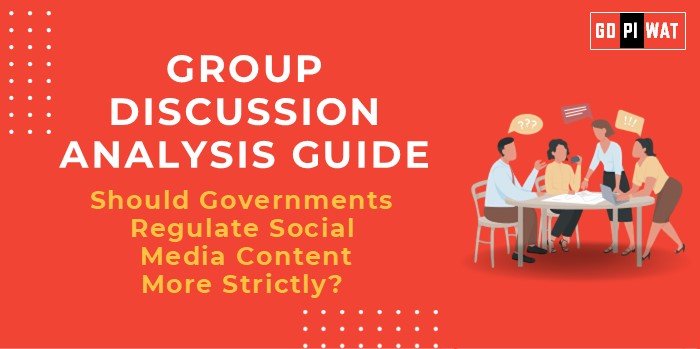📱 Should Governments Regulate Social Media Content More Strictly?
🌍 Introduction to the Topic
Social media platforms, connecting billions globally, have revolutionized communication, business, and governance. However, they are also breeding grounds for misinformation, hate speech, and unethical practices. As incidents of online harm escalate, governments are under increasing pressure to regulate these platforms.
Since the emergence of platforms like Facebook, Twitter, and TikTok, the debate has centered on striking a balance between free expression and addressing online harms. Nations like Germany and India have implemented laws such as the NetzDG and IT Rules (2021), sparking global discussions on censorship versus accountability.
📊 Quick Facts and Key Statistics
- Active Users Globally: Over 4.9 billion in 2023, showcasing the vast reach of social media.
- Misinformation Impact: 59% of users encountered fake news weekly (2022 study).
- Content Takedown Requests: 1.4 million globally in 2022, indicating rising governmental scrutiny.
- Economic Value: Social media contributes $6.5 trillion annually to the global economy.
🤝 Stakeholders and Their Roles
- Governments: Enforce policies to curb online harm and protect citizens.
- Social Media Companies: Develop AI and moderation tools to manage harmful content.
- Citizens: Advocate for transparency and balanced regulation.
- Civil Rights Groups: Monitor potential censorship and privacy violations.
- International Organizations: Provide ethical online practices guidelines (e.g., UN Internet Governance Forum).
🏆 Achievements and Challenges
Achievements:
- Enhanced accountability through regulations like GDPR and NetzDG.
- AI tools successfully removed 97% of violent content on Facebook in 2023.
- Global initiatives such as the Christchurch Call have united nations and companies to combat extremist content.
Challenges:
- Balancing free speech with censorship risks.
- Lack of standardization across countries complicates global compliance.
- AI moderation struggles with nuanced and multilingual content.
🌐 Global Comparisons
Germany’s NetzDG Law: Platforms face fines for delays in harmful content removal.
The US Approach: Section 230 emphasizes free speech, limiting platform liability.
India’s IT Rules (2021): Mandated faster content takedown and grievance officers but raised concerns about governmental overreach.
🛠️ Structured Arguments for Discussion
- Supporting Stance:
“Regulation ensures accountability, reducing misinformation and harm, as seen in Germany’s NetzDG law.” - Opposing Stance:
“Strict regulations risk censorship and may suppress legitimate voices critical of governments.” - Balanced Perspective:
“While necessary, regulations must be transparent, balanced, and technologically feasible to avoid overreach.”
💡 Effective Discussion Approaches
- Opening Approaches:
- Quote a statistic: “Over 4.9 billion people use social media, but how many are truly protected?”
- Reference a case study: “Germany’s NetzDG law fines platforms heavily for delays in harmful content removal.”
- Counter-Argument Handling:
- Free Speech Concern: “Governments can regulate content while protecting free speech through transparency.”
- Technical Challenges: “Investing in AI can address moderation gaps without excessive human review reliance.”
🔍 Strategic Analysis of Strengths and Weaknesses
- Strengths: Reduces online harm, enhances accountability.
- Weaknesses: Potential overreach, high compliance costs for platforms.
- Opportunities: Develop global standards, improve AI moderation technology.
- Threats: Resistance from tech companies, misuse of laws for political suppression.
🎓 Connecting with B-School Applications
- Real-World Applications: Study policy development in technology ethics and governance.
- Sample Interview Questions:
- How should governments balance free speech and online safety?
- What role can AI play in ethical content moderation?
- Insights for Students:
- Explore case studies like NetzDG or IT Rules for governance projects.
- Examine AI and blockchain applications in ethical social media management.


